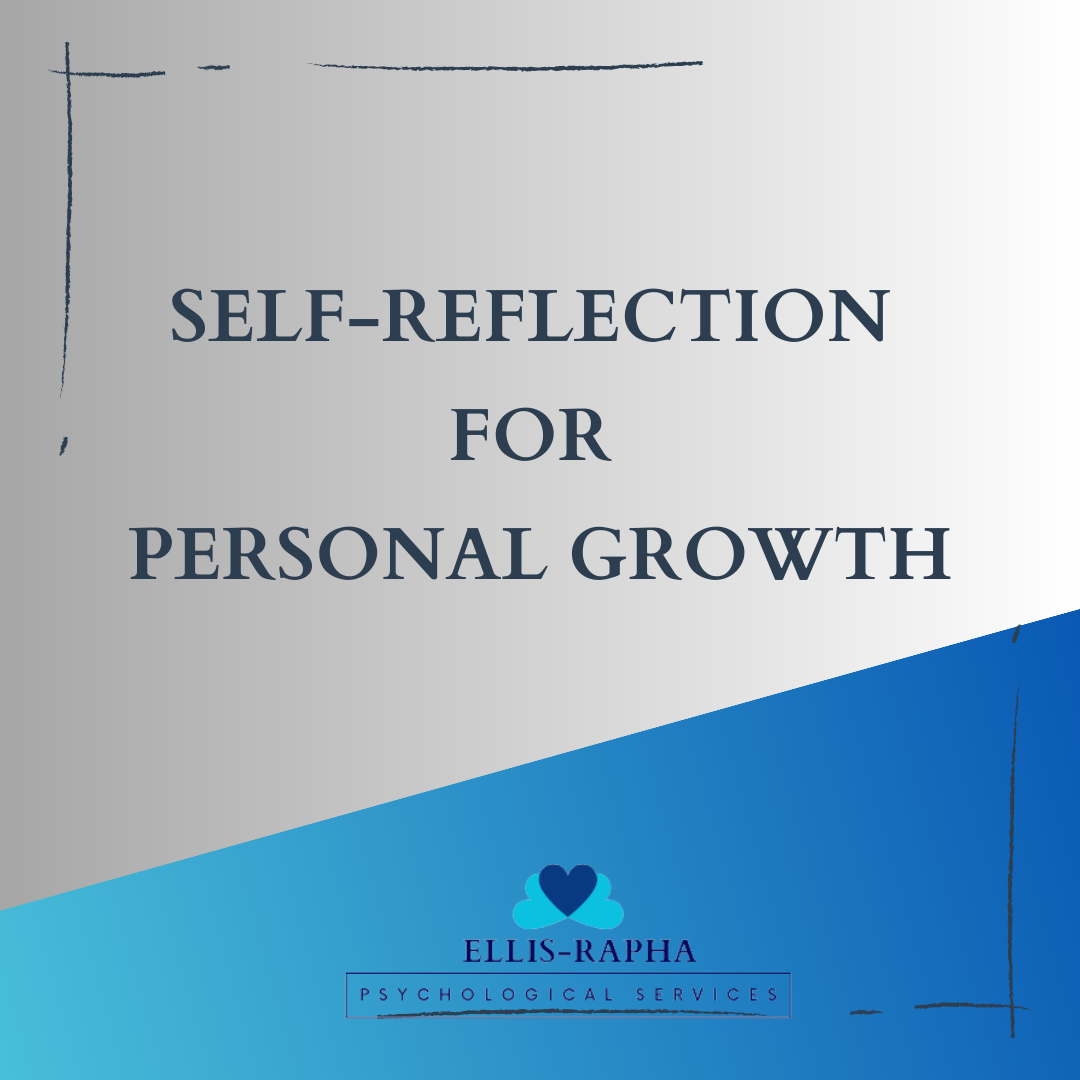Hi, today we’ll discuss self-reflection and how it may be an effective tool for personal development. Examining your thoughts, feelings, and behaviors to get a better understanding of yourself is the process of self-reflection. Clarifying your values and goals, identifying opportunities for progress, and improving your connections with others are all possible with this crucial skill for personal growth. This post will discuss the value of self-reflection, how to get started, and some typical obstacles you might run into.
Why is self-reflection important?
Self-reflection is a powerful tool for personal growth because it allows you to examine your thoughts, feelings, and actions in a non-judgmental way. By reflecting on your experiences, you can gain a deeper understanding of yourself, your values, and your goals. This awareness can help you make better decisions, improve your relationships, and enhance your overall well-being. In fact, research has shown that self-reflection can lead to greater self-awareness, higher levels of job satisfaction, and improved mental health (Ashford et al., 2016).
How do I get started with self-reflection?
Self-reflection can take many forms, such as journaling, meditation, or simply taking time to think about your experiences. To get started, set aside some time each day to reflect on your thoughts and feelings. You can do this by writing in a journal, meditating, or simply taking a walk and allowing your thoughts to wander. When reflecting, try to be honest and non-judgmental with yourself. Focus on what you can learn from your experiences rather than criticizing yourself for your mistakes.
Different types of self-reflection:
Self-reflection can take many forms, and it’s important to find the type that works best for you. Here are a few different types of self-reflection you can try:
Structured reflection: This involves setting aside time to reflect on a specific topic or experience. For example, you might reflect on a recent conflict with a friend or a work project that didn’t go as planned.
Freeform reflection: This involves allowing your thoughts to flow freely without a specific topic in mind. You might write in a journal or simply allow your thoughts to wander while taking a walk.
Reflection with a purpose: This involves setting a specific goal for your reflection. For example, you might reflect on your communication skills with the goal of improving your ability to express yourself.
Reflection with others: This involves reflecting on your experiences with the help of others. You might discuss a challenging situation with a friend or work with a therapist or coach to gain insight into your thoughts and feelings.
Common challenges and how to overcome them:
Self-reflection can be challenging because it requires vulnerability and honesty with oneself. It’s also easy to get caught up in negative self-talk and criticism. One way to overcome these challenges is to focus on self-compassion. Treat yourself with the same kindness and understanding that you would offer a close friend. Another way to overcome challenges is to seek support from others. Consider working with a therapist or coach who can help you navigate difficult emotions and provide guidance for personal growth.
Conclusion:
Self-reflection is a powerful tool for personal growth and can help you develop greater self-awareness, improve your relationships, and enhance your overall well-being. By examining your thoughts, feelings, and actions in a non-judgmental way, you can gain a deeper understanding of yourself and your values. While self-reflection can be challenging at times, the benefits are well worth the effort. So if you’re looking to enhance your personal growth, why not give self-reflection a try?
References:
Ashford, B., Lee, C., & Bobko, P. (2016). Content, causes, and consequences of job insecurity: A theory-based measure and substantive test. Academy of Management Journal, 59(1), 112-136. https://doi.org/10.5465/amj.2013.0108


